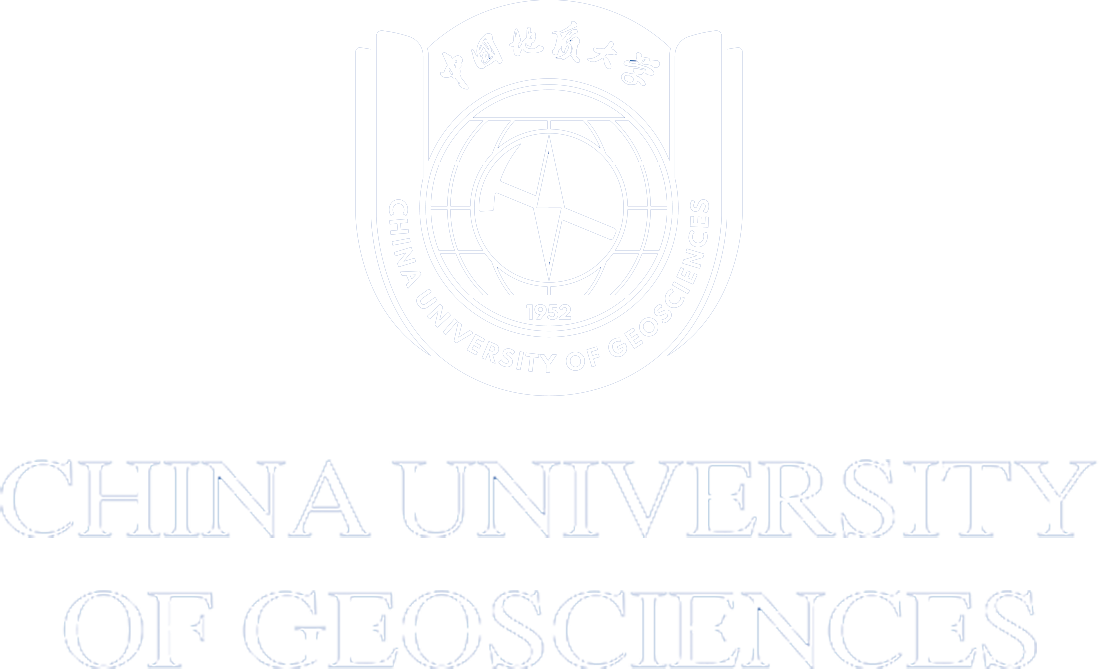1. Major Introduction
Electrical Engineering and Automation is a major based on the theoretical basis of electrical theory, information theory and control theory, integrated control technology, power electronics technology, information technology, and computer technology as a whole discipline. This program explores the theory and technology of the generation, transmission, conversion, control, storage and utilization of electrical power, which is a traditional and dominant subject at CUGB. According to the teaching concept “solid foundation; expand the application”, the combination of electrical technology and electronic technology, hardware and software, components and systems is highlighted. The teaching mode for the combination of professional and quality, knowledge and ability, teaching and scientific research is emphasized as well. In this way, more and more senior electrical engineering talents who have comprehensive humanistic quality and practical innovation have been trained.
2. Academic Objectives
On the one hand, through implementing the strategy of “developing the country through science and technology” deeply, this program improves students’ ideological and moral quality, and cultivates students’ innovation and entrepreneurship spirit and actual practicability. On the other hand, via imparting basic knowledge and application ability of electrical engineering, it enhances every student to have the coordination between the knowledge ability and quality, with an all-round development of morality, intelligence, physics and arts, which are the abilities of senior electrical engineering. Students will be able to work in the fields concerning electrical engineering, including equipment manufacturing, system operation, automatic control, industrial process control, power electronic technology, testing and automation instrumentation, electronics and computer applications, etc., and in the different departments, such as engineering design, system analysis, information processing, test analysis, research and development, economic management. They will become talents with wide knowledge of scientific research, technology development, and organizational management.
3. Academic Requirements
Students are trained by series of basic electrical engineering knowledge and skills.
(1) Master the basic knowledge of natural science, philosophy, social science, and economic management science, and have the ability of comprehensive application of foreign languages.
(2) Master electrician technology, electronic technology, computer technology, information control, electrical engineering and automation technology, and other aspects of the engineering foundation.
(3) Have every qualification for electrical and electronics, information control and computer technology, and professional quality in electrical engineering and automation; develop a systematic view and master methodologies.
(4) Master the basic ability to solve the problems in equipment design and manufacturing and system analysis, operation and control in electrical engineering field.
(5) Have a positive attitude, strong physique, comprehensive humanistic quality, and good sense of teamwork.
4. Length of Schooling and Degree
The length of schooling is four years of full-time study. Students will be awarded the Bachelor Degree of Engineering when they have completed the required minimum credits and have met all other requirements.
5. Core Courses
Specialized Core Courses:Principles of Transducers, Specialty English for Electrical Engineering and Automation, Electronic Control Technology, Power System Analysis, Electrical Engineering simulation, Robot Control Technology, Power Electronic Technology, Modern Control Theory, Power Supply Technology, Electric Drive Automatic Control System, High Voltage Technology.
Practice Courses: Circuit Experiments, Experiments of Analog Electronic Technology, Experiments of Electric Machinery and Drive, Principles of Transducers Course Design, Practice of Electronic Technics, Digital Electronic Technology Experiments, Experiments of Microcontroller Principle and Interface Technology, Experiments of Power System Analysis, Curriculum Design for Electrical Control Technology, Experiments of Robot Control Technology, Professional Practice, Power Electronic Technology Course Design, Curriculum Design for Power Supply Technology, Curriculum Design for Electric Drive Automatic Control System, Graduation Design (Thesis).




 Address
Address
 E-Mail
E-Mail
 Telephone
Telephone